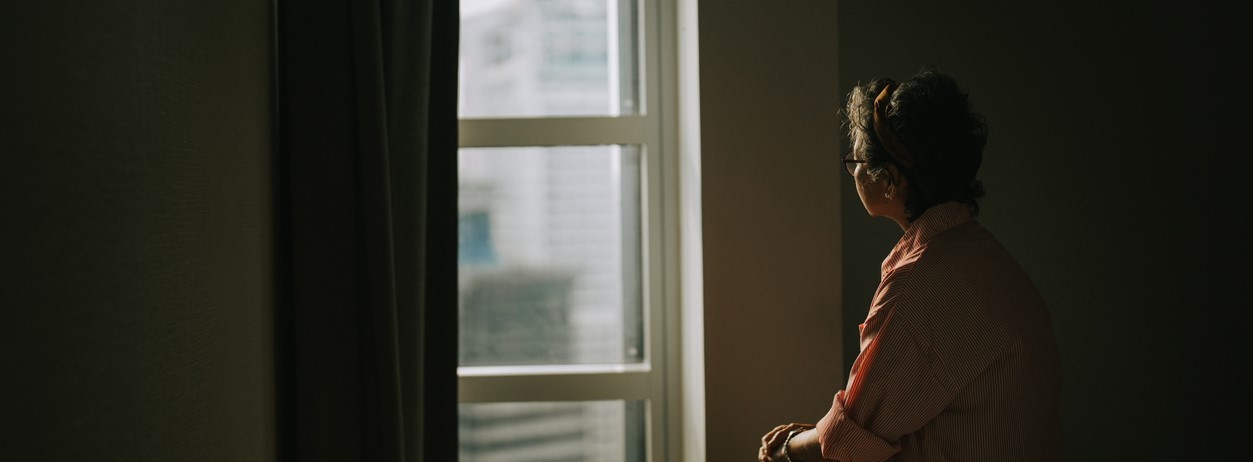Why is Individual Therapy Important When Recovering From Addictions?
Recovering from an addiction is a lot more than just detoxing from substances. Drug or alcohol detox will only help the physical part of the recovery from substance abuse. Therapy, on the other hand, addresses the psychological and emotional parts of the recovery.
As alcohol and drugs are often used for self-medicating or for dealing with stressful or difficult emotions, there are usually many unique thoughts and emotions that are needed to be worked on once the substances have been removed from the body.
Therapy can help to put everything back together by helping the addict address their challenges. This will then allow them to function properly in life once again.
Ongoing therapy is also important in helping the client avoid relapse. There are a lot of social situations or psychological problems that can play a part in triggering cravings or a relapse. One-to-one therapy can help an addict address many of the potential triggers.
Some of the most common triggers include the following:
Social Cues
It can be difficult to continue a social life with the people you once spent time with if they would also drink drugs or alcohol. This is especially true if they continue to do so.
You may feel under pressure to drink or do drugs again. Therapy can help you understand these challenges and learn ways to have much healthier relationships with the people around you. You will also learn how to approach difficult social situations moving forward.
Situational Stressors
Stress from things like relationships, work, family, and other stressful life situations can lead to a desire to want to self-medicate. Therapy can help you find some more constructive ways of dealing with these everyday stressors.
Environmental Factors
When you go back to situations where you used to take drugs or drink alcohol, this can trigger some old thought patterns which may result in some old behaviours returning. This can include things like going to the same bar, restaurant, neighbourhood, or another location that has been tied to your addictive behaviours.
One-to-one therapies can help you to find some coping mechanisms that can help you to deal with these situations.



